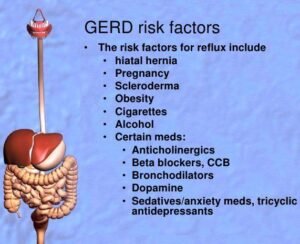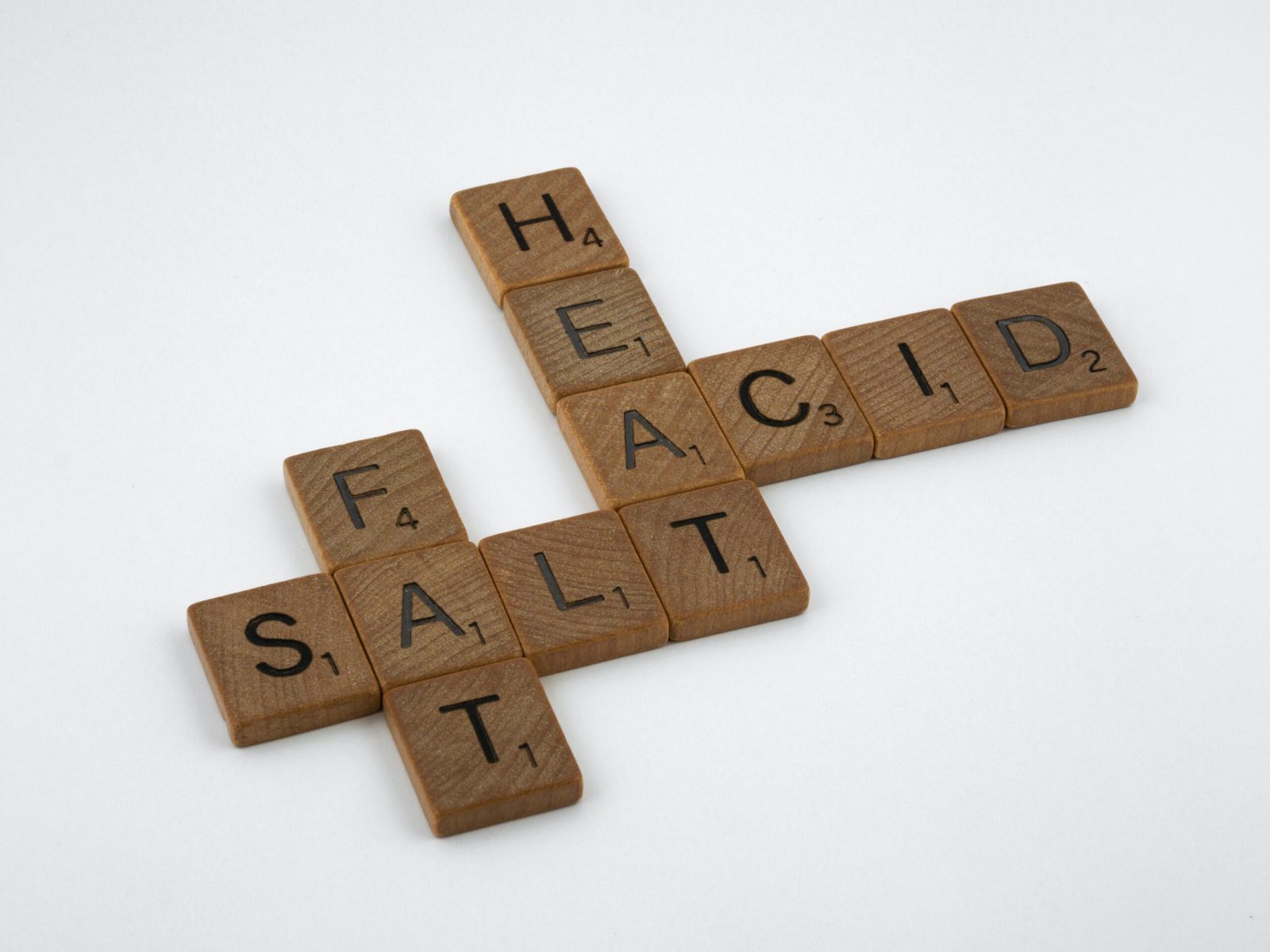Understanding Acid Reflux and GERD
Acid reflux and gastroesophageal reflux disease (GERD) are two terms that are often used interchangeably, but they are not the same thing. While acid reflux is a common condition that many people experience occasionally, GERD is a chronic and more severe form of acid reflux.
What is Acid Reflux?
Acid reflux occurs when the stomach acid flows back into the esophagus, causing a burning sensation in the chest known as heartburn. It is a normal physiological process that happens to most people at some point, especially after consuming certain foods or beverages.
The lower esophageal sphincter (LES), a ring of muscle at the bottom of the esophagus, usually prevents the stomach acid from flowing back up. However, acid reflux can occur when the LES weakens or relaxes abnormally.
What is GERD?
GERD, on the other hand, is a chronic condition characterized by frequent acid reflux episodes. It occurs when the acid reflux becomes persistent and causes complications such as inflammation, irritation, and damage to the lining of the esophagus.
Common symptoms of GERD include heartburn, regurgitation, difficulty swallowing, chest pain, and a chronic cough. If left untreated, GERD can lead to more serious complications such as esophageal ulcers, strictures, and even an increased risk of esophageal cancer.

Causes and Risk Factors
Several factors can contribute to the development of acid reflux and GERD. Some common causes and risk factors include:
- Obesity or being overweight
- Pregnancy
- Hiatal hernia
- Smoking
- Consuming certain foods and beverages, such as fatty or fried foods, citrus fruits, tomatoes, chocolate, caffeine, and alcohol
- Certain medications, such as nonsteroidal anti-inflammatory drugs (NSAIDs), calcium channel blockers, and sedatives
Treatment and Management
Treatment for acid reflux and GERD may vary depending on the severity of the condition. Lifestyle modifications and over-the-counter medications are often the first line of treatment. These may include:
- Weight loss, if necessary
- Eating smaller, more frequent meals
- Avoiding trigger foods and beverages
- Elevating the head of the bed
- Avoiding lying down immediately after eating
- Over-the-counter antacids, such as Tums or Rolaids
- H2 blockers, such as ranitidine or famotidine
A healthcare professional may recommend prescription medications or surgical interventions in severe cases if lifestyle modifications and over-the-counter medications do not provide sufficient relief.
Prevention
While acid reflux and GERD cannot always be prevented, some steps can be taken to reduce the risk and minimize symptoms:
- Maintain a healthy weight
- Avoid overeating
- Eat a balanced diet
- Avoid trigger foods and beverages
- Avoid lying down immediately after eating
- Quit smoking
- Manage stress levels
